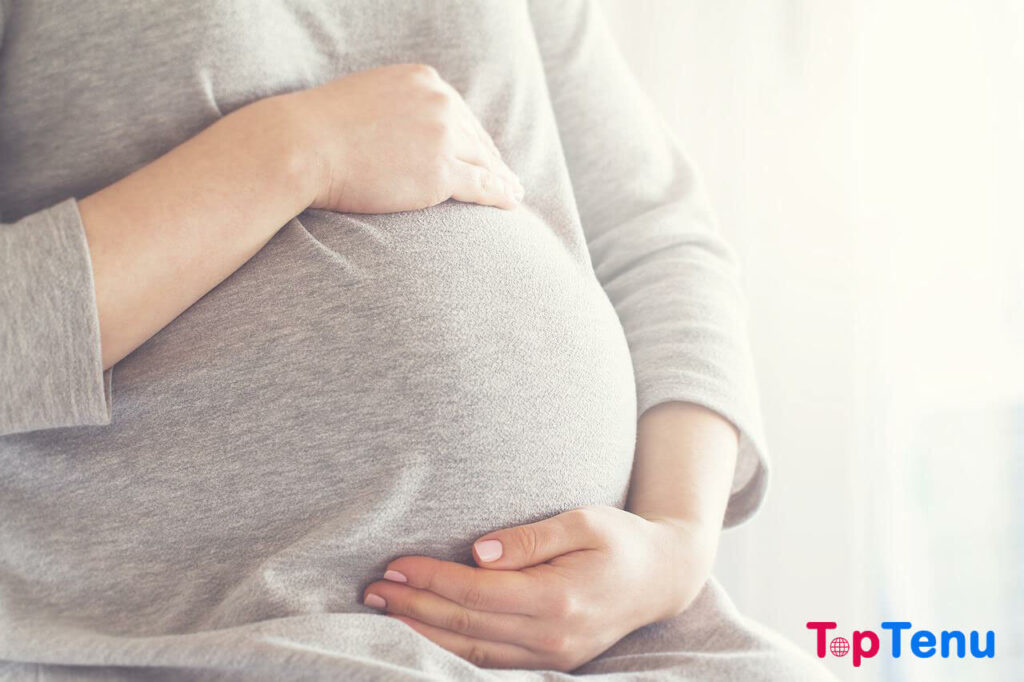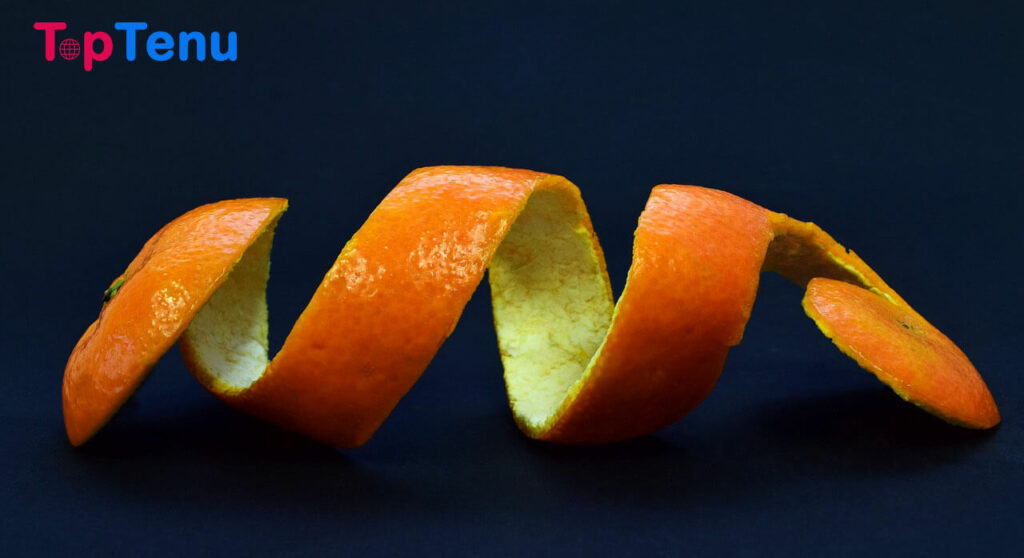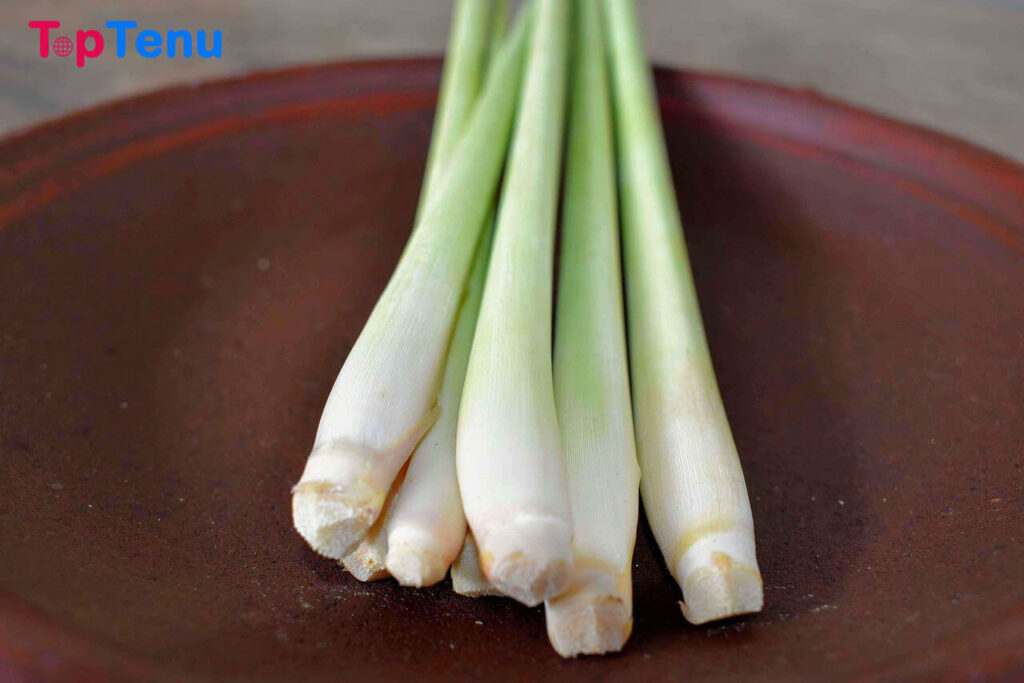10 Foods to Avoid During Pregnancy
A healthy diet is very important during pregnancy. It helps keep you and your baby healthy. Therefore, for the health of both people, certain foods should be avoided. This food should be avoided because of its contents or method of preparation. The guidelines in this article will help you plan your meals safely during pregnancy.
Food intake affects the mother and a healthy diet during pregnancy is equally important for the child. A recent study found that women with a poor pre-pregnancy diet were more likely to give birth earlier than women on a healthy diet. Fruits, vegetables, meat and other dietary supplements are good sources of vitamins, minerals, and other nutrients that are important for both mother and baby, but there are fruits and vegetables that should be avoided during pregnancy.
Here are some of the most common foods to avoid during pregnancy:
1. Fruits and Vegetables
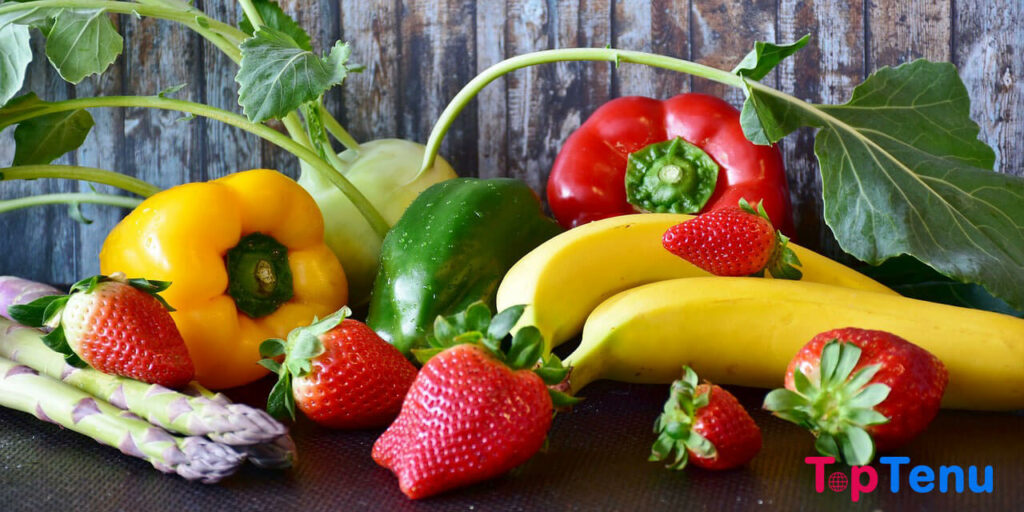
Unwashed Vegetables and Fruits: Vegetables and fruits that have not been washed well should be completely avoided as they can contain parasites such as toxoplasma. This parasite causes toxoplasmosis, which is harmful to babies. Therefore, it is recommended to clean the vegetables and cut off the spoiled area.
Papaya: Research shows that fully ripe papaya is safe. Unripe and half-ripe papayas should be avoided as they contain latex and can cause uterine contractions. This is not safe for pregnancy.
Pineapple: Pineapple is a rich source of bromide and may not be safe during pregnancy. It can also cause allergic reactions such as diarrhea or gastrointestinal problems. Therefore, it is recommended to avoid consuming pineapple during pregnancy.
2. Meat, poultry and seafood
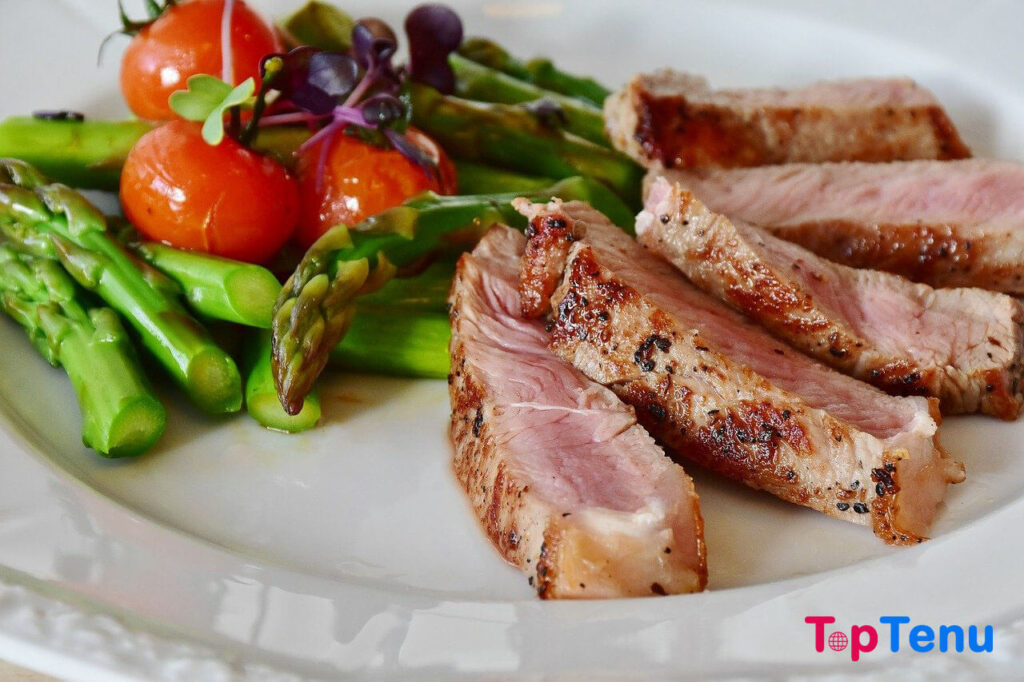
Raw Meat: Raw meat or fish should be avoided during pregnancy. Raw meat can be contaminated with salmonella, E. coli bacteria and toxoplasmosis, which can be dangerous during pregnancy.
Deli Meat (Calicut): Eat deli meat only after it has been steamed and heated until hot. Deli meat is easily contaminated with Listeria, which is harmful during pregnancy.
Fish High in Mercury: Eating fish is known to be good for both mother and baby during pregnancy. However, some fish can contain high levels of mercury that can harm an unborn baby.
Tilefish, sharks, mackerel and swordfish are some of the fish that are high in mercury. Fish caught as part of sports in lakes or rivers can contain contaminants and can be dangerous to your baby’s growth.
Seafood: Pregnant women should not eat raw prepared seafood or chilled and peeled shrimp. Smoked and chilled seafood (usually labeled jerky, keeper, lox or nova style) is safe when part of a cooked dish.
Raw seafood: Shellfish (eg oysters, mussels and shellfish) often contain harmful bacteria and viruses that can cause food poisoning. Therefore, raw shellfish should be avoided throughout pregnancy.
Unpasteurized juices: Freshly squeezed juices from restaurants may contain salmonella and E. coli. Pregnant women should avoid consuming unpasteurized juices.
*Deli Meat: Also known as luncheon meat, sandwich ham, cooked meat, and sliced meat.
Also called deli meat. The most popular cold cuts are turkey and ham.
3. Cheese
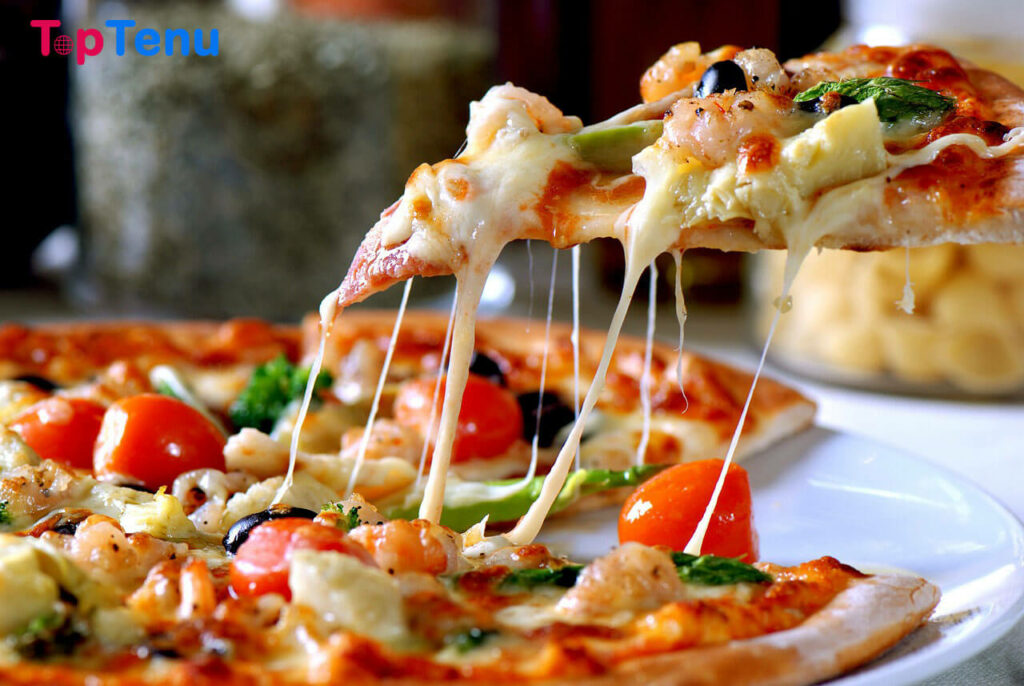
Pregnant women should avoid cheeses made from unpasteurized milk or soft cheeses. Soft cheeses to avoid include Danish blue, brie, gorgonzola, and camembert. Listeria is found in soft cheeses and can cross the placenta and damage your baby. It can be life-threatening, so soft or semi-soft during pregnancy. Avoid eating cheese.
4. Rink
Alcohol: Alcohol consumption should be avoided during pregnancy. The fetus can develop alcohol syndrome, which can damage the baby’s brain and later affect the baby’s behavior and ability to learn.

Caffeine: Caffeine consumption can affect the growth of your baby during pregnancy. Excess intake of caffeinated beverages should be limited to 200 mg per day. Some drinks include cola drinks, tea, coffee and chocolate. Replenish yourself with water, juice and milk, not caffeinated beverages.

Unpasteurized Milk: Consuming unpasteurized or raw milk can be dangerous to pregnant women. Always consume pasteurized milk and yogurt made with pasteurized milk during pregnancy because pasteurized milk contains bacteria called Listeria. These bacteria can cause miscarriages.
5. Raw Egg
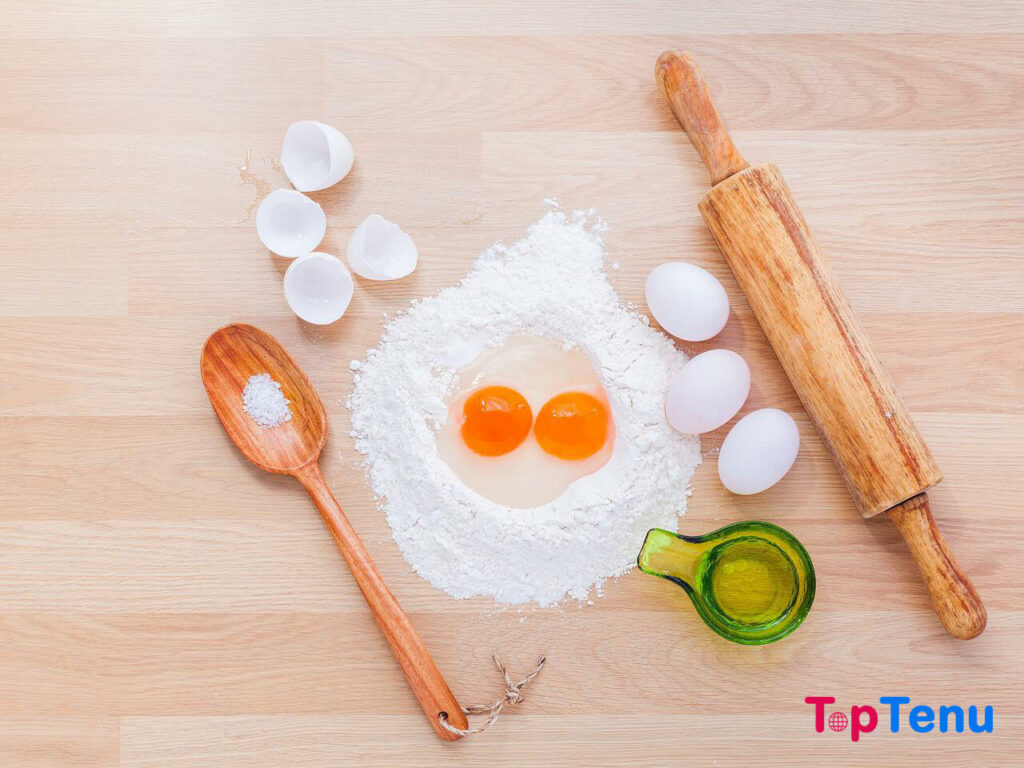
Consumption of raw eggs should be avoided during pregnancy. Eggs are thoroughly cooked before being used in preparations such as scrambled eggs, fried eggs and cheeses. If you eat boiled eggs, they should be cooked until the whites and yolks are hard.
Eggs must not be dirty or cracked. Raw eggs are commonly found in mousse, mayonnaise, aioli, homemade Caesar dressing, ice cream or custard, and Hollandaise sauce. Avoid eating these foods during pregnancy.
Processed meat or meat spreads: Chilled jerky or meat spreads should not be consumed during pregnancy. You may have the bacterium Listeria, which is harmful to your fetus.
6. Honey
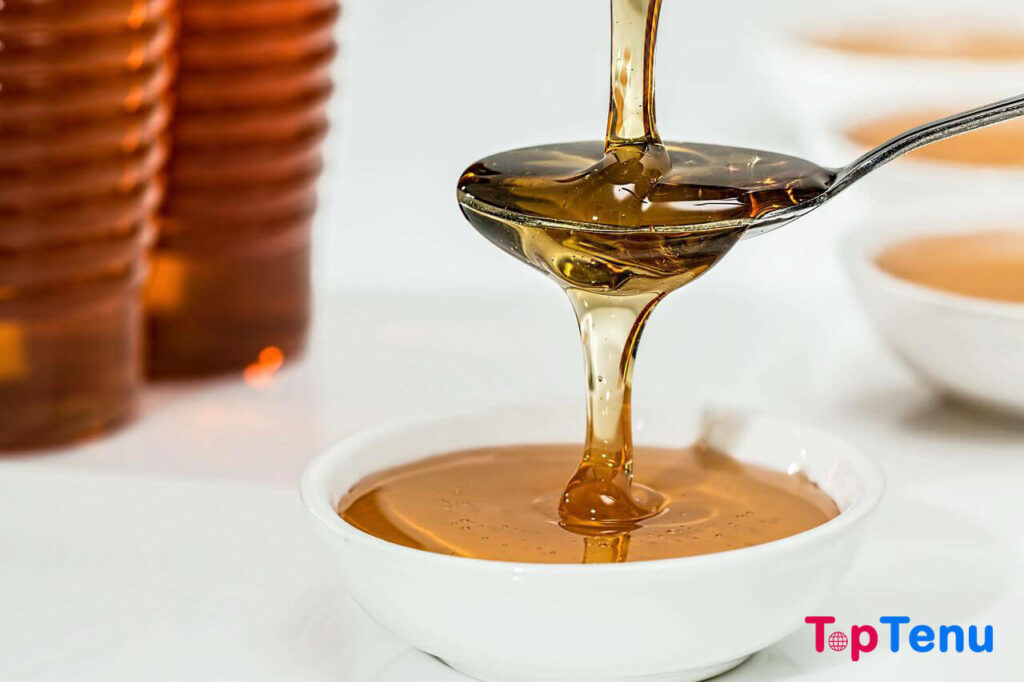
Honey can be contaminated with Chloris Lydia spores. This can lead to infant botulism, a type of mammalian disease. It is recommended to avoid consumption of honey during pregnancy.
7. Raw Bean Sprouts
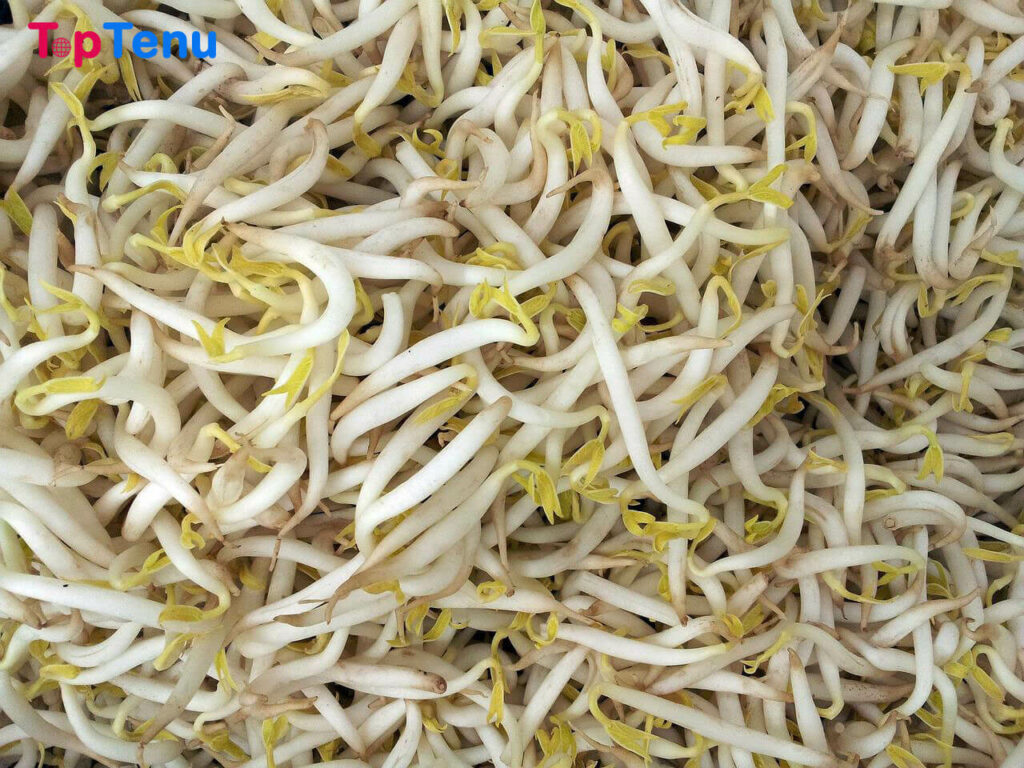
Raw or semi-cooked sprouts such as broccoli sprouts, alfalfa sprouts, clover sprouts, sunflower sprouts, snow bean sprouts, onion sprouts, soybean sprouts, and mung beans should not be consumed during pregnancy as they can lead to the development of salmonella.
8. Herbal Teas and Herbal Supplements
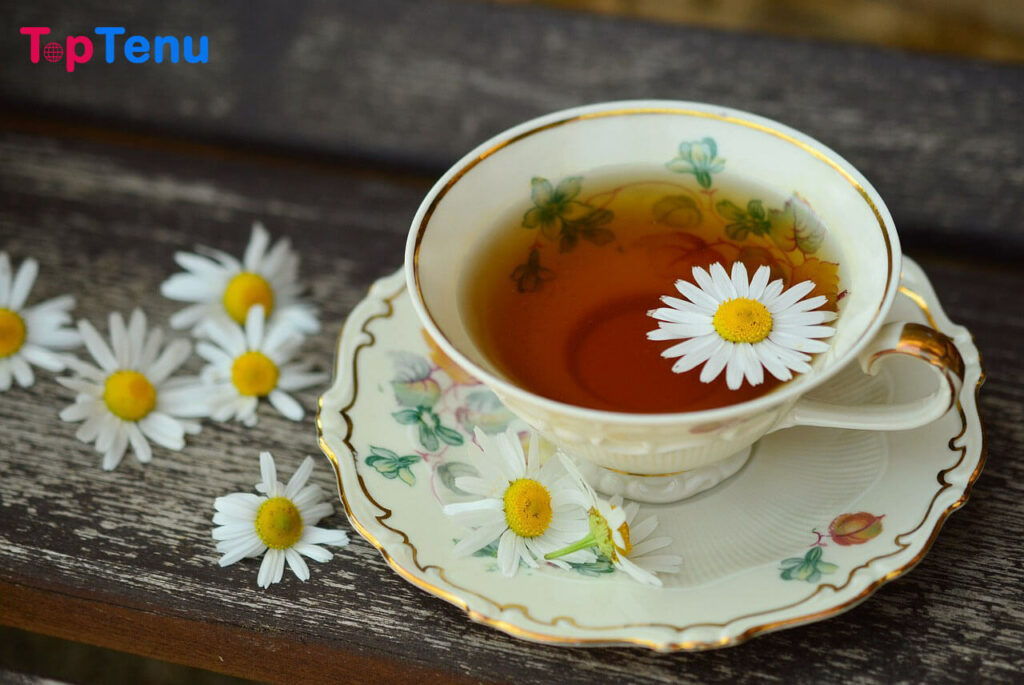
Herbal teas and supplements are known for their health benefits, but excessive consumption during pregnancy should be avoided. Herbs may contain caffeine. It is recommended that you consult with your doctor regarding herbal intake.
9. Peanut
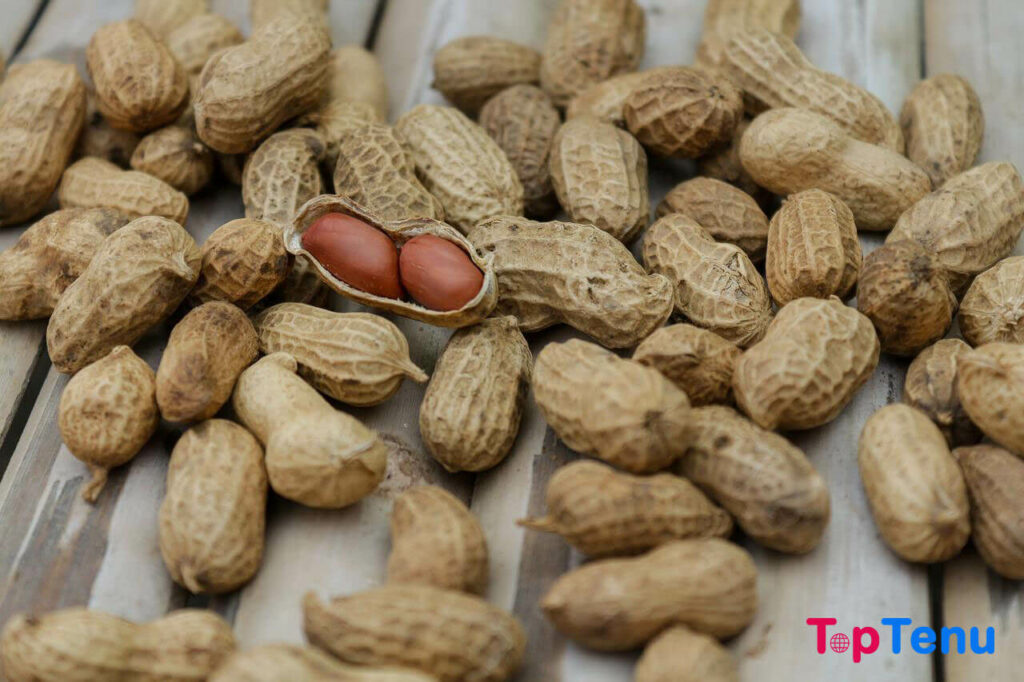
Do not eat peanuts during pregnancy. An allergy to peanuts can develop later in life and can even be harmful to an unborn baby.
10. Potluck food
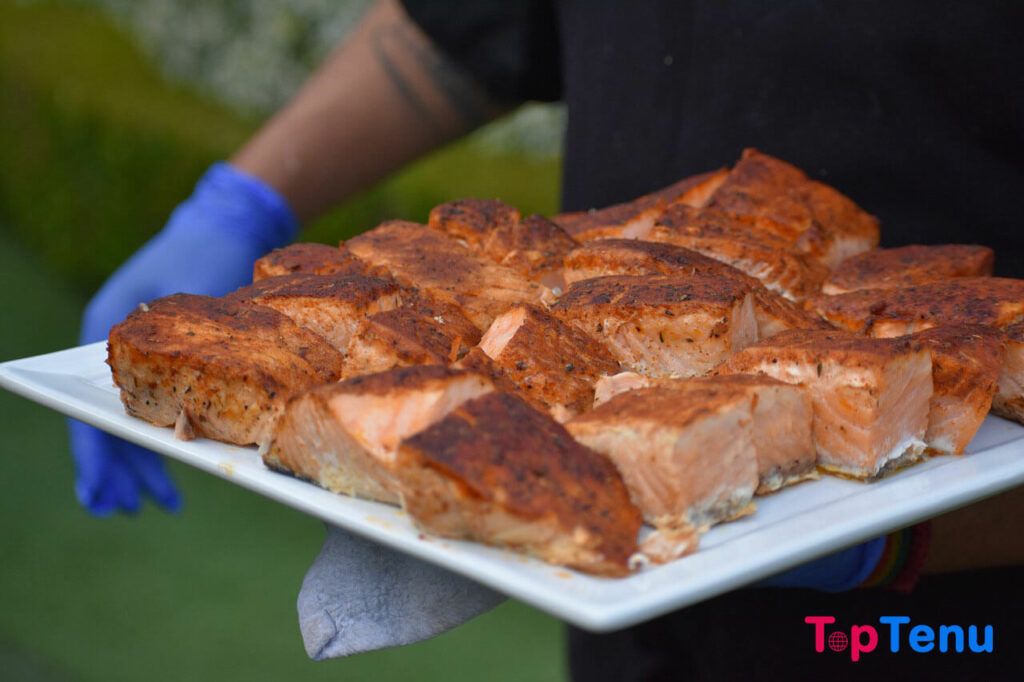
It is recommended to avoid foods left at room temperature for more than 2 hours. Also, avoid leftovers or food that has not been refrigerated for too long.
*Pottruck: A meal in which each person brings a small amount of food and shares it
Smoking
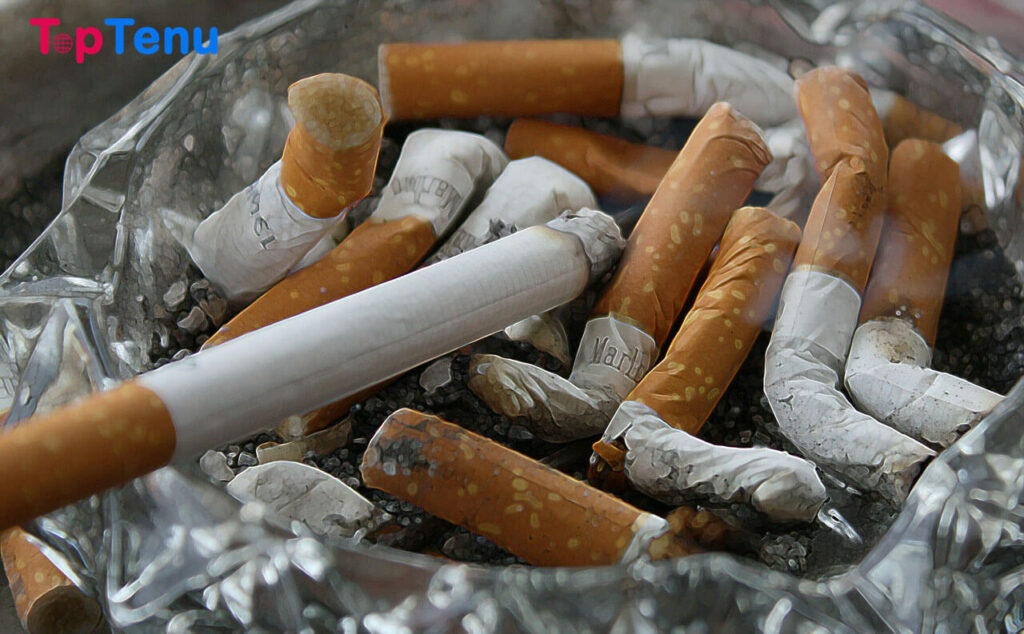
Smoking is very harmful to babies. It is recommended to stop smoking during pregnancy as it can cause Sudden Infant Death Syndrome (SIDS), respiratory problems, low birth weight, and premature birth.
What not to Buy?
A pregnant woman should be careful while buying food for her. The following are not recommended.
- Frozen products that are not hard
- Do not eat food that is hot but not hot.
- Damaged food in containers/packets/cans
Products with lids should be stored in covered containers or as recommended by the manufacturer. It is best to avoid leftovers. However, otherwise, it must be properly covered and refrigerated.
Do not leave leftover food for more than two days. Do not use frozen food more than once. Not only is it important to maintain a healthy diet during pregnancy, but also remember not to go on a diet. Along with keeping weight loss to a minimum, eating healthy food should be your number one priority.

